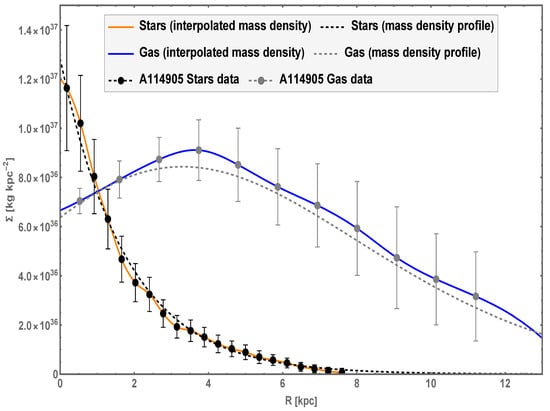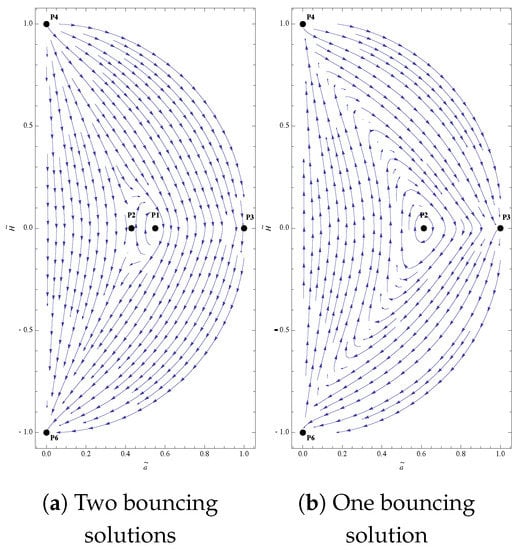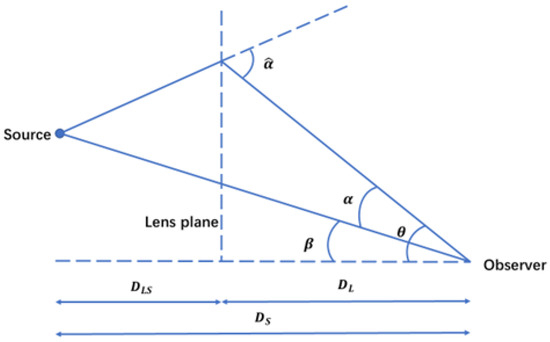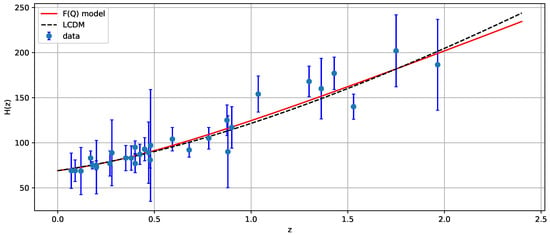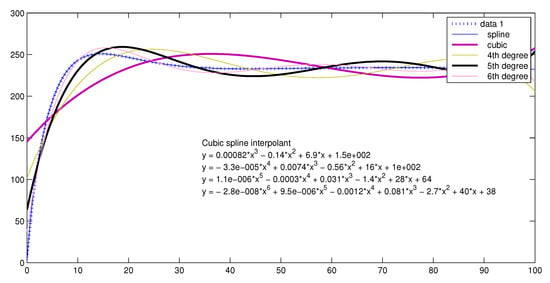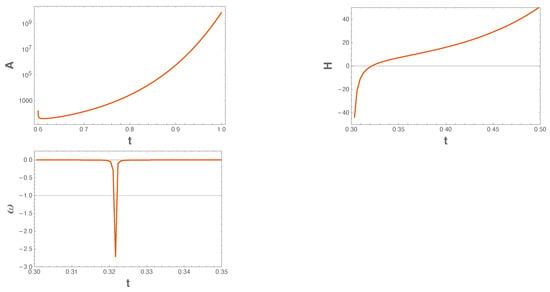Modified Theories of Gravity and Cosmological Applications
A topical collection in Universe (ISSN 2218-1997).
Viewed by 37070Editors
Interests: modified gravity; cosmology; gravitational waves; Finsler cosmology; extended Friedmann equations; dark matter; dark energy
Special Issues, Collections and Topics in MDPI journals
2. CAS Key Laboratory for Researches in Galaxies and Cosmology, Department of Astronomy, University of Science and Technology of China, Hefei 230026, China
3. Departamento de Matemáticas, Universidad Católica del Norte, Avda. Angamos 0610, Casilla, Antofagasta 1280, Chile
Interests: ark energy formulation; modified theories of gravity; inflationary cosmology; brane cosmology; observational cosmology
Special Issues, Collections and Topics in MDPI journals
Topical Collection Information
Dear Colleagues,
General relativity is a theory of gravity that describes with high accuracy some of the effects of gravity, such as solar system tests, gravitational lensing, gravitational waves, black holes, etc., in a definite framework of a homogeneous and isotropic space-time.
However, considering the abundance and nature of dark energy and dark matter, the nature of inflation, cosmological tensions such as the H0 and S8, the possible values of local anisotropy in the evolution of the Universe, as well as the theoretical problems of the cosmological constant and of non-renormalizability, the validity range of general relativity might be restricted. Modified theories of gravity extend the form of general relativity through various methods, leading to different field equations and thus to different cosmological implications. They play an essential role in and contribute to modern cosmology, providing a foundation for the current understanding of physical phenomena of the Universe.
Topics of interest for this Topical Collection include, but are not limited to:
- Alternative theories of gravity and general relativity;
- Scalar-tensor theories;
- Finsler cosmology;
- Modified Teleparallel gravity;
- Extra-dimensional theories of gravity;
- Early- and late-time applications of modified gravity;
- Effects of modified gravity on gravitational wave observations;
- Modified gravity and cosmological tensions;
- Dark matter and dark energy.
This Topical Collection wishes to contribute to these efforts; we invite colleagues to submit their manuscripts.
Prof. Dr. Panayiotis Stavrinos
Prof. Dr. Emmanuel N. Saridakis
Collection Editors
Manuscript Submission Information
Manuscripts should be submitted online at www.mdpi.com by registering and logging in to this website. Once you are registered, click here to go to the submission form. Manuscripts can be submitted until the deadline. All submissions that pass pre-check are peer-reviewed. Accepted papers will be published continuously in the journal (as soon as accepted) and will be listed together on the collection website. Research articles, review articles as well as short communications are invited. For planned papers, a title and short abstract (about 100 words) can be sent to the Editorial Office for announcement on this website.
Submitted manuscripts should not have been published previously, nor be under consideration for publication elsewhere (except conference proceedings papers). All manuscripts are thoroughly refereed through a single-blind peer-review process. A guide for authors and other relevant information for submission of manuscripts is available on the Instructions for Authors page. Universe is an international peer-reviewed open access monthly journal published by MDPI.
Please visit the Instructions for Authors page before submitting a manuscript. Submitted papers should be well formatted and use good English. Authors may use MDPI's English editing service prior to publication or during author revisions.
Keywords
- modified gravity
- cosmology
- gravitational waves
- Finsler cosmology
- extended Friedmann equations
- dark matter
- inflation
- dark energy










